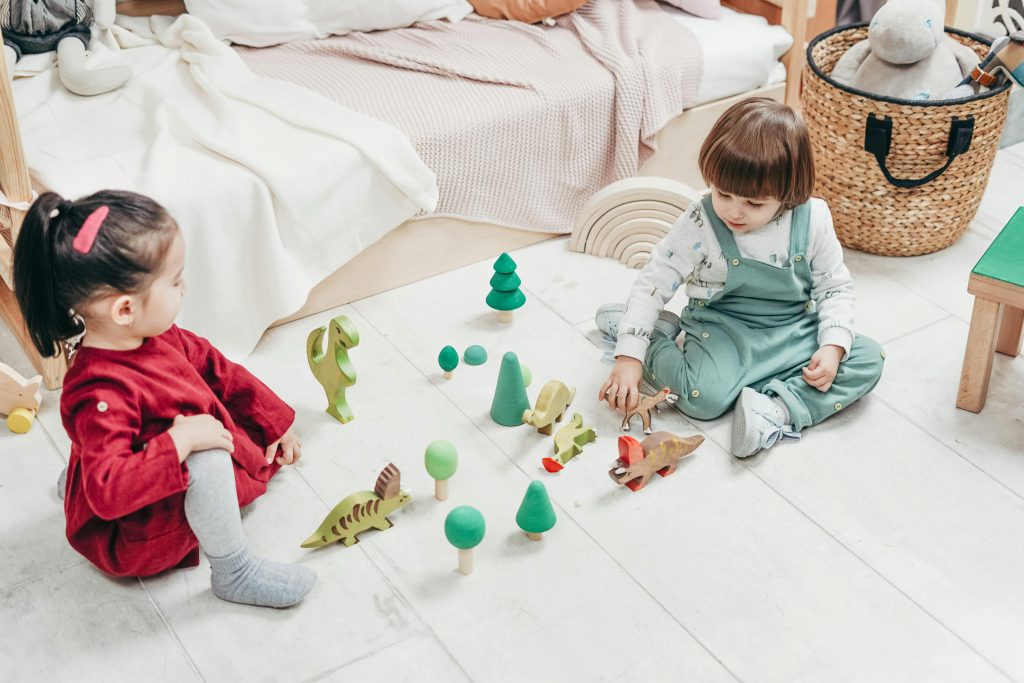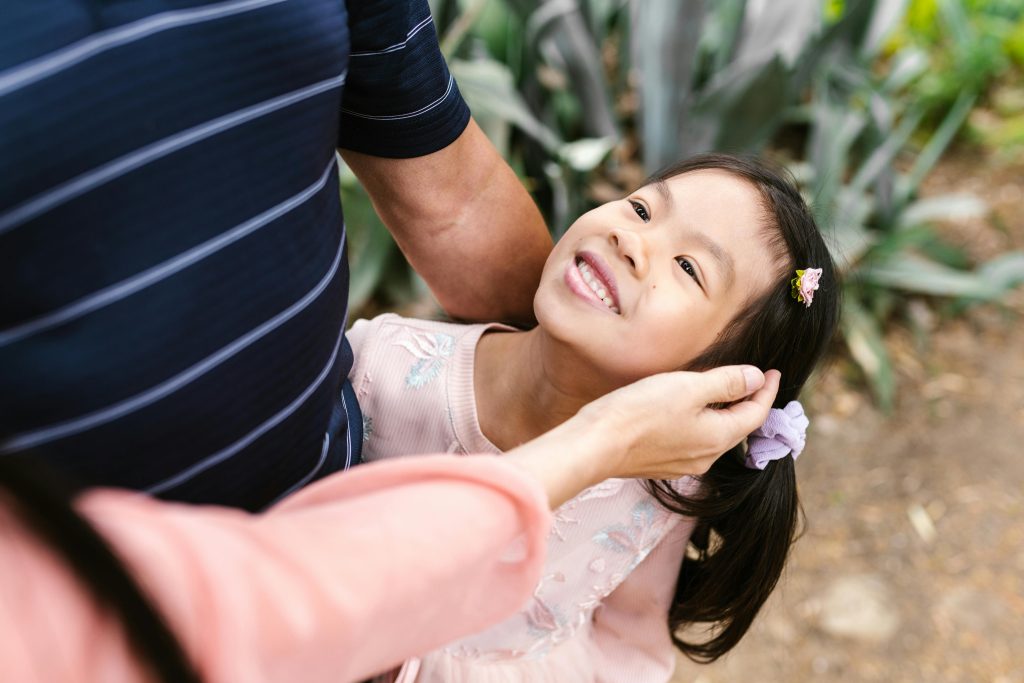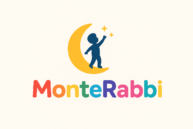
I do not like using the term nonverbal when referring to autistic kids who do not speak. I would rather use the term ‘preverbal’ because I believe that with behavioral, educational and play therapy, the child will eventually speak and have a communicative pattern with their peers, parents and teachers.
They could also be displaying the Einstein syndrome just like these famous celebrities.
How to Foster Verbal Communication in Nonverbal Autistics
In this post therefore, I will be looking at ways that parents as well as teachers can intervene in the life of a nonverbal autistic kid so that they can speak.
-
Play therapy
We have already said that play therapy is an important step in getting your kid to embrace verbal communication. Toys that you can use for this should have sounds, encourage collaboration and have motivations that make the child want to speak.
We have mentioned some of these toys in best toys for nonverbal autism and said that some include the Melissa &Doug Farm animals puzzle as well as the Mkgames Feelings.
We have also done an article on various games that you could try out with your late talker to help them develop social and communication skills.

Other than encouraging verbal communications, play should also ignite the need for social interaction among kids. A play thing such as a trampoline could help a child play with others, know the value of turn taking as well as excite them to shout.
-
Use Gestures and build up from there
The use of gestures as a foundation to help your kid develop some language patterns have been found to be effective. Once the kid has mastered your gestures, try to use some one-word sentences accompanied by the gesture so that the kid can associate the one word with the action that is required of them.

Over time, you can stop using the gesture and just use the one word sentence to see whether the child has mastered the action that is required of them. A good example of this would be to start with pointing at the plate when you want the child to take it. Once the kid has learnt this, you can proceed to say the word, “Plate” and point at it. If they master this, just say the word “Plate” and see whether they are going to respond appropriately.
-
Encourage Speaking and wait for responses from the Child
Though you are used to the kid not speaking, you need to give them time to respond when you tell them something. Everytime you want them to say something, give them a few seconds to do so and give them a nice smile that shows you expect them to respond.
Do not be in a rush to speak to them without giving them a chance to make even a syllable or sigh in response. All you need to do is maintain eye contact and wait a little bit.

When visitors in the house speak to the kid, do not respond on their behalf. No, look at them expectantly so that they can appreciate that someone expects them to speak.
-
One step up: Never two steps
When you are communicating with a nonverbal child, you will find that over time, they will learn to imitate your words. Say for example that they want to play the see and spell game by Melissa &Doug, one day, they might surprise you when they say, “Spell”.
When that happens, associate the game with the word ‘Spell’ and whenever you want them to play the game, just say, “Spell”. Over time when they have gotten acclimatized to this word and started associating it with the game, you can introduce another word, say, “Take Spell” or “Bring Spell”.
And that way, you move up your word phrases by an increase in one word. Never two because you might confuse the child and worse still, they might regress. Once they have mastered two words, you can then go to three and so on.
-
Imitate your child sounds
To encourage your child to speak, try imitating their own mumbo jumbo. This way, they will learn that their verbal communication is important and it will also spike their interests in imitating you too.
